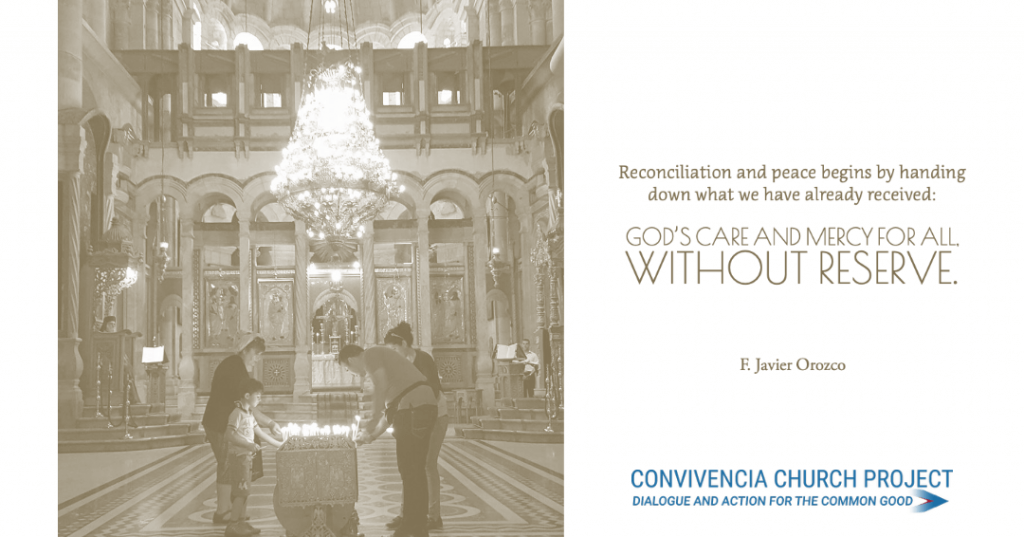Our memory is often taken for granted. Outside of pursing studies in neuroscience, medicine or psychology, the fact that our mind allows us to encode, store and retrieve information is all we need to know. As with most of our physical functions, we simply assume that they will always be there for us.
Beyond any specialized knowledge of memory, we also have a more general way of talking about it. We often speak of our personal and collective memory, for example, and refer to our short-term and long-term memory. As social beings, we value different personal and collective memories and have become adept at not only retaining but also retrieving all kinds of memories.
We know, too, that not all memories carry the same moral or spiritual weight. Some personal memories, for instance, are painful to remember, so we do our best to avoid them, while others bring with them a greater sense of levity, joy and hope. The same holds true for our collective recollections, which we hold dear and do our best to retain, recall and pass on to others through family, cultural and faith rituals.
Truly, what we choose to remember, then, makes all the difference. The fact that for millennia we have held on to St. Paul’s words of grace should tell us something of who we really are and can become, especially in relationship to our shared dignity in one another. “God has composed the body so that the greater dignity is given to the parts that were without it, and so that there may not be disagreements inside the body but each part may be equally concerned for all the others (1 Corinthians 12: 22-26).
In a world that can easily forget painful memories of human brokenness or refuse to retrieve alternative life-giving memories, our personal and collective remembering in Christ has much to offer us. The hurt, discord and sin that often permeates our interactions do not need to have the last word. It is precisely in our collective recollection of Christ’s sacrificial and abundant love that our own personal memories find healing and our communal life experiences transformation. The retrieval and proclamation of the Lord who accompanies us and gives His life for us shows us the way forward in truth and reconciliation.
As St. Paul reminds us, each one of us is called to play his and her own part, each one of us acting according to the gifts we have received (1 Corinthians 12: 27-30). In fact, the gifts we share in the Spirit have but one essential function, namely, to build up and renew the body of Christ. Let us remember that as missionary disciples, who know and love the Lord, we can begin the work of reconciliation and peace by handing down what we have already received: God’s care and mercy for all, without reserve.
F. Javier Orozco
First published November 23, 2022 in the St. Louis Review

